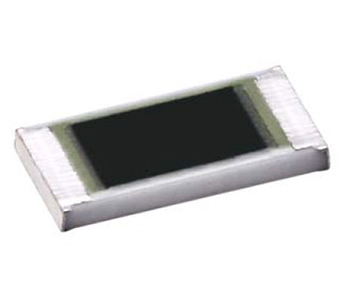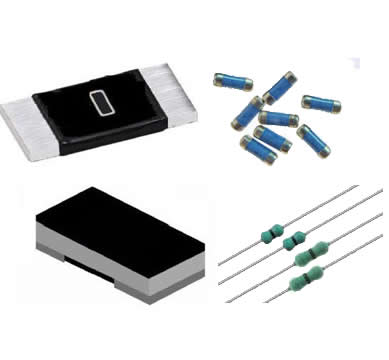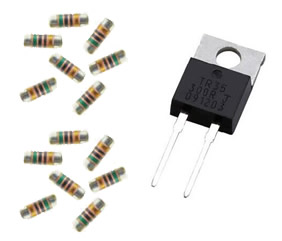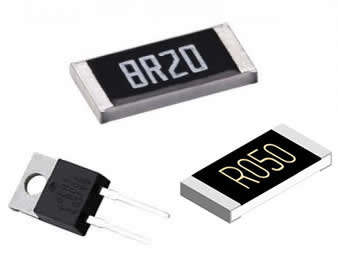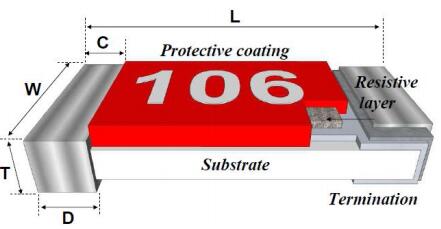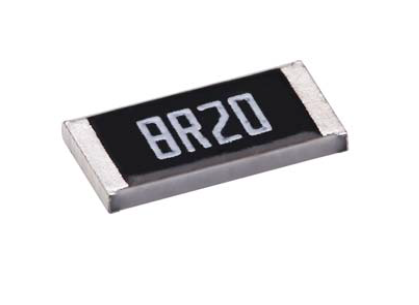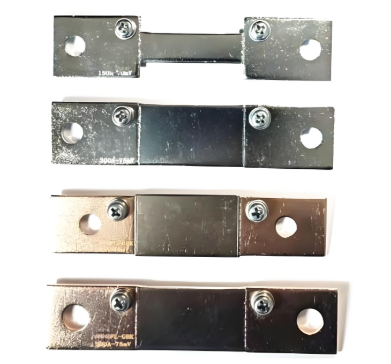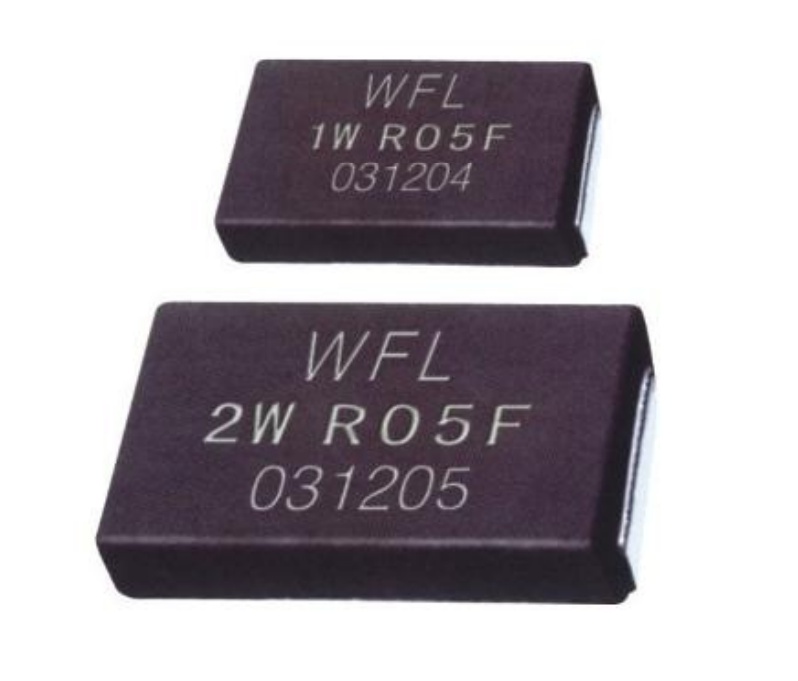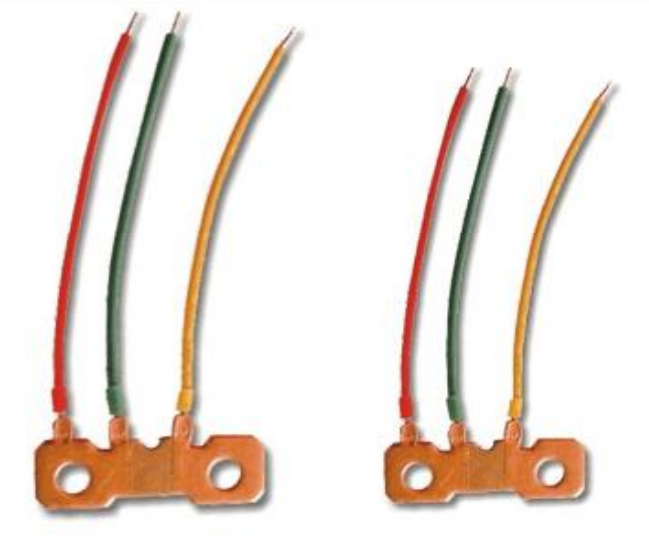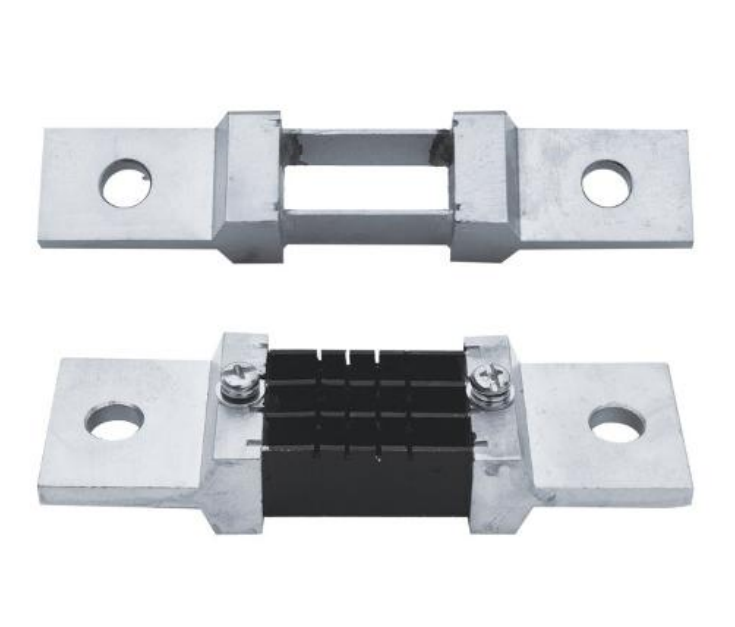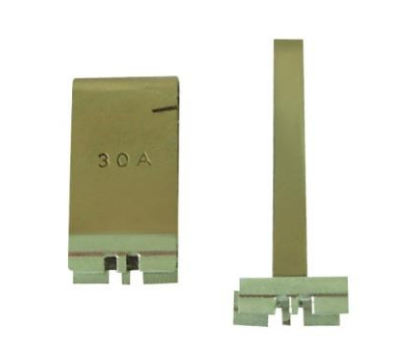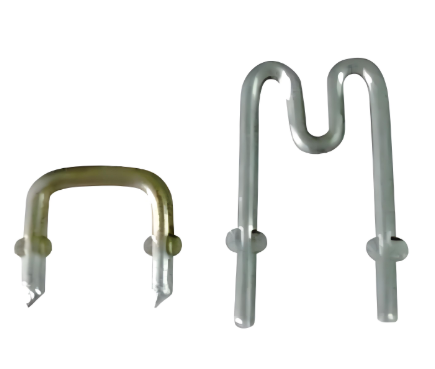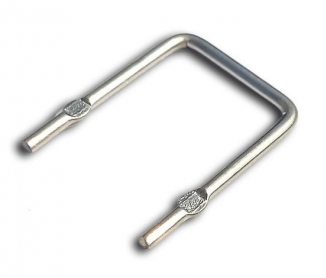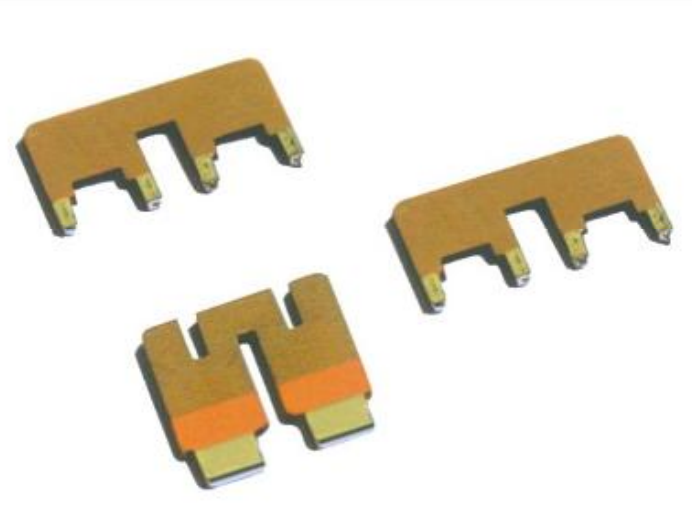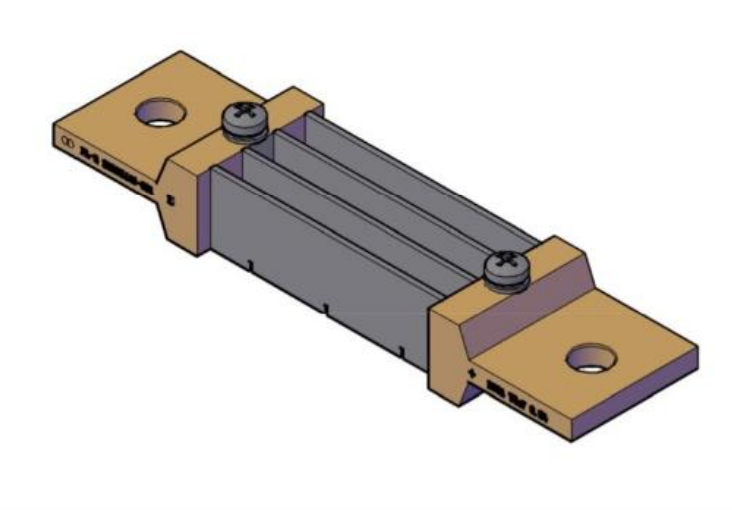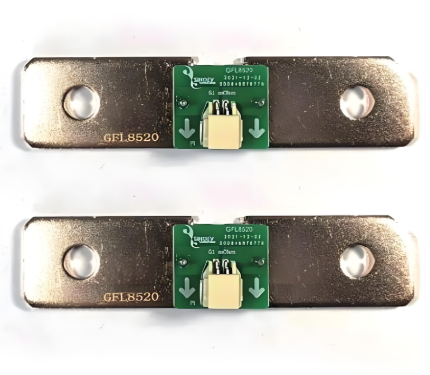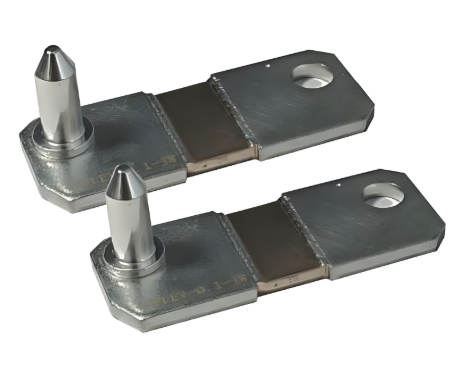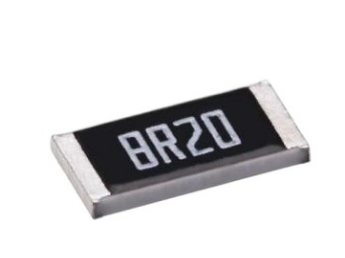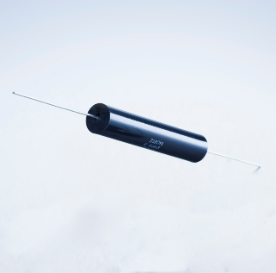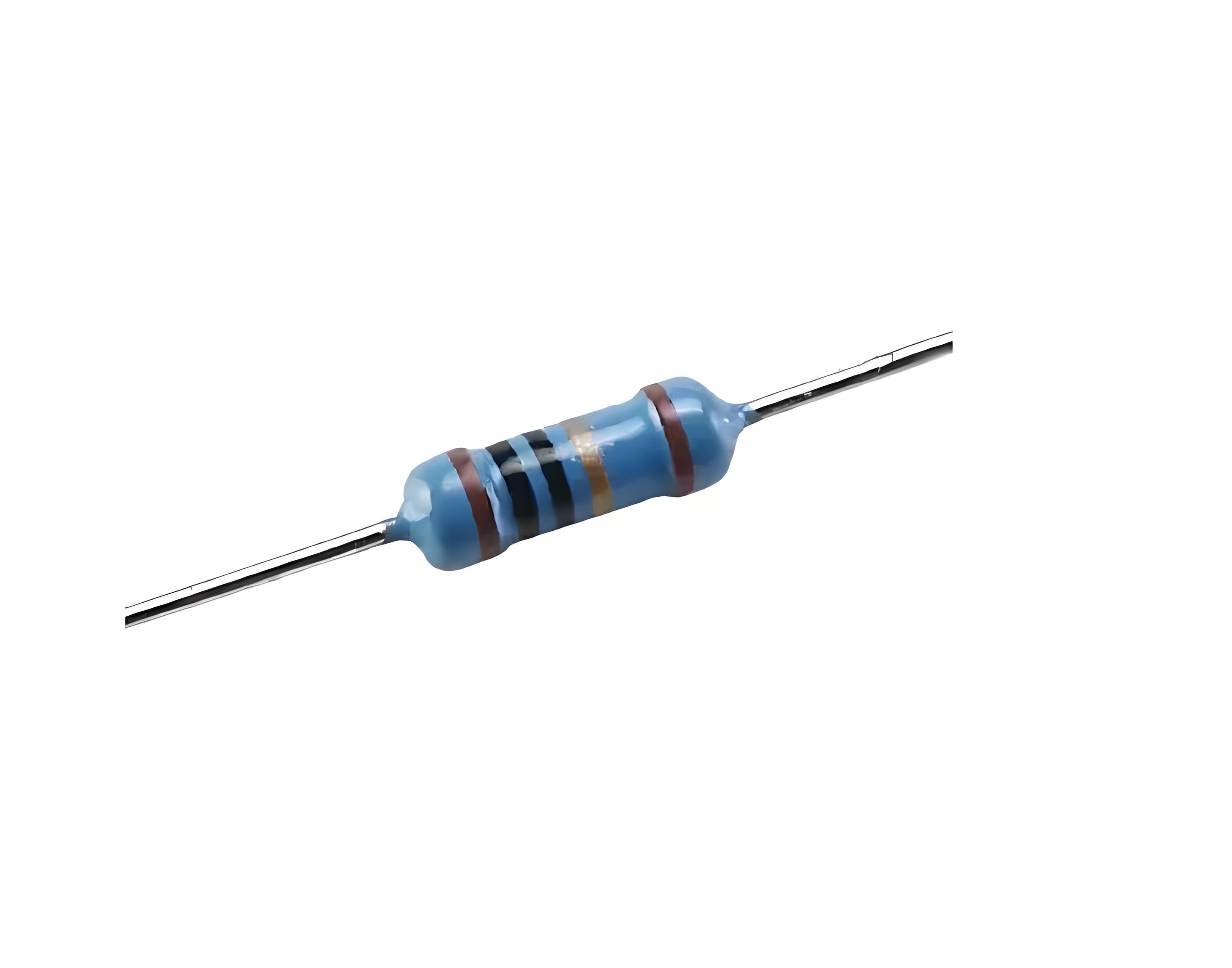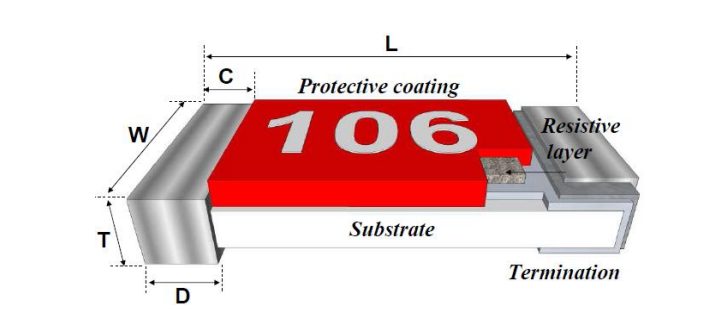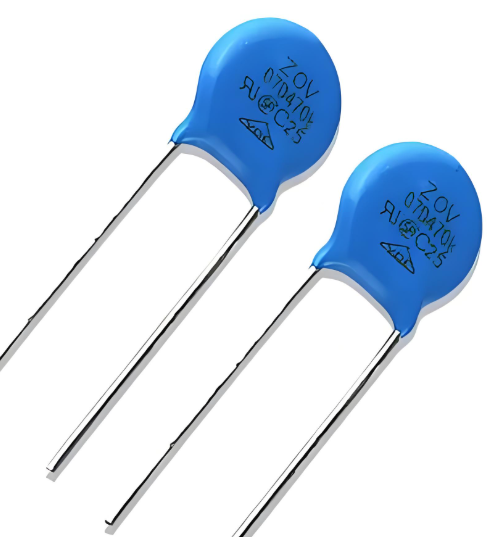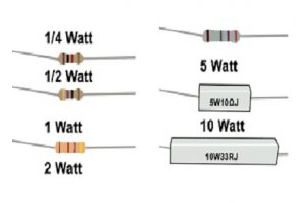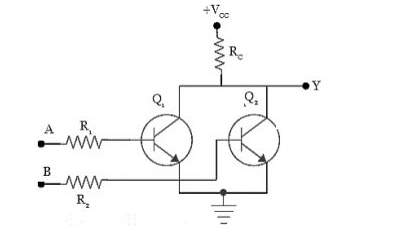Introduction
In the pursuit of electronic circuit excellence, precision and stability are paramount. Alloy resistors, with their superior characteristics, have become indispensable in achieving these goals. As high-precision components, they ensure stable circuit performance across a wide range of applications, from precision measurement instruments to industrial control systems. This article delves into the world of alloy resistors, exploring their unique attributes, benefits, and how they address common challenges in electronic circuit design.
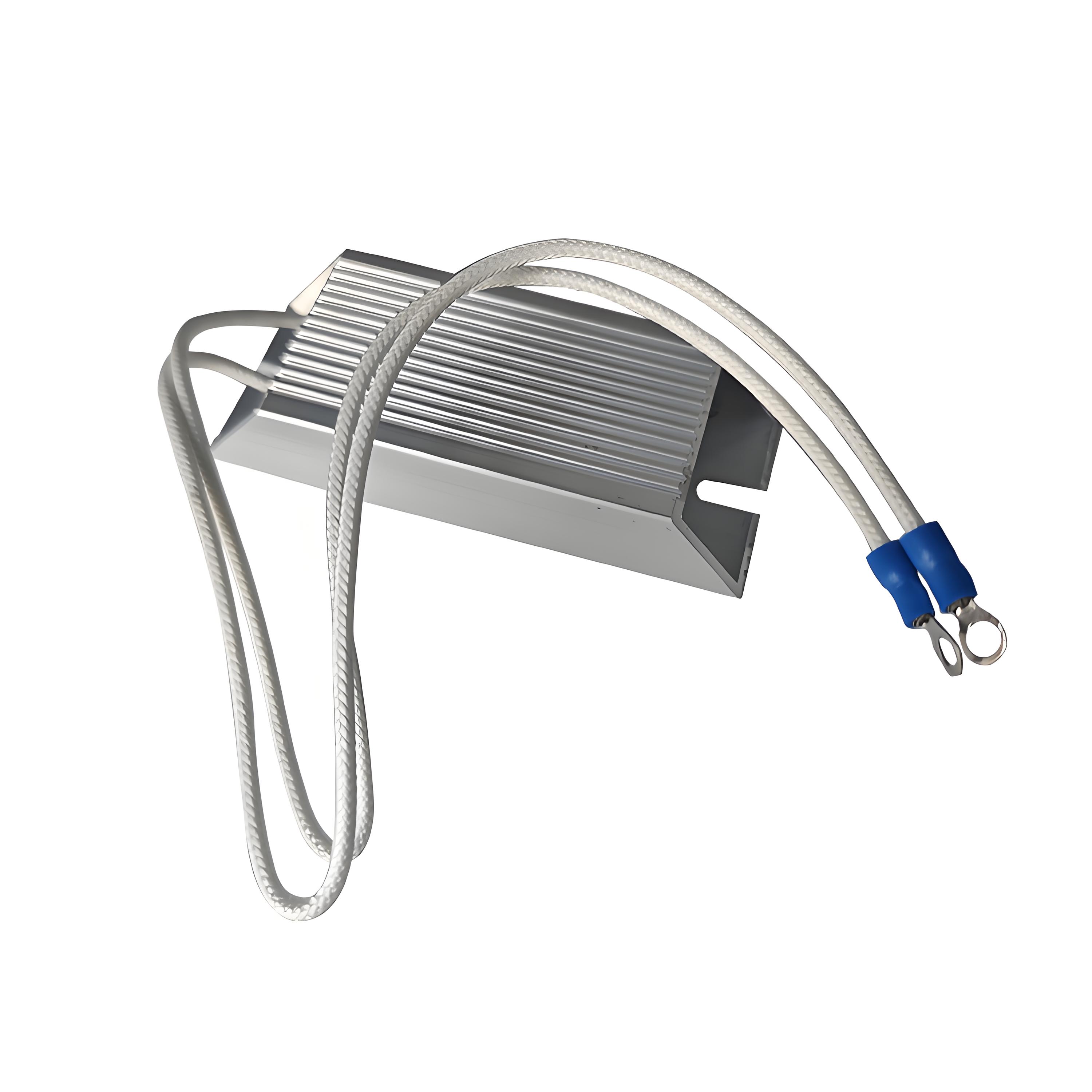
Table of Contents
Characteristics of Alloy Resistors
Alloy resistors are engineered to deliver exceptional performance in various electronic applications. Their key characteristics include:
| Characteristic | Description | Typical Values |
|---|---|---|
| Resistance Range | Wide range of resistance values available | 0.1Ω to 1MΩ |
| Temperature Coefficient | Low resistance variation with temperature | ±5ppm/°C to ±50ppm/°C |
| Power Rating | Maximum power the resistor can dissipate | 0.1W to 50W |
| Stability | Resistance stability over time and conditions | ±0.01% to ±0.1% |
| Noise Level | Low noise generation in circuits | 0.1μV/V to 1μV/V |
| Voltage Coefficient | Change in resistance with applied voltage | 0.01ppm/V to 1ppm/V |
Benefits for Stable Circuit Performance
Alloy resistors offer numerous advantages that make them ideal for applications requiring stable and precise circuit performance:
High precision and tight tolerance for accurate circuit behavior
Excellent temperature stability ensuring consistent performance
Low noise characteristics for sensitive applications
High power handling capability for robust operation
Long-term stability with minimal resistance drift
Excellent frequency response for wide bandwidth applications
Common Challenges in Circuit Design
Electronic circuit designers often face challenges that can compromise the stability and accuracy of their designs:
Resistance drift due to temperature variations
Noise interference affecting signal integrity
Long-term resistance instability
Voltage coefficient causing resistance changes
Power dissipation limitations
Inconsistent performance across different environmental conditions
A significant challenge in precision circuit design is resistance drift caused by temperature variations. For example, in a precision temperature measurement system, variations in ambient temperature can cause the resistor's value to change, leading to measurement inaccuracies. This is particularly problematic in industrial environments where temperature fluctuations are common.
Solutions with Alloy Resistors
Alloy resistors provide effective solutions to the challenges faced in electronic circuit design:
Low temperature coefficient ensures minimal resistance variation with temperature
High stability guarantees consistent performance over time
Low noise characteristics reduce signal interference
Wide resistance range allows precise value selection
High power ratings enable robust operation
Excellent voltage coefficient minimizes resistance changes under varying voltages
In the precision temperature measurement system example, using alloy resistors with a temperature coefficient of ±5ppm/°C and stability of ±0.01% can significantly reduce measurement errors caused by temperature variations. This ensures accurate and reliable temperature readings even in fluctuating environmental conditions.
Case Study: Precision Instrumentation
Consider a precision voltmeter used in laboratory settings. The accuracy and reliability of the measurements depend on the quality of the resistors used in the circuit. Here's how alloy resistors can enhance the performance of such instrumentation:
| Parameter | Without Alloy Resistor | With Alloy Resistor |
|---|---|---|
| Measurement Accuracy | ±0.1% | ±0.01% |
| Temperature Drift | ±0.05%/°C | ±0.005%/°C |
| Noise Level | 0.5μV | 0.1μV |
| Long-term Stability | ±0.05% | ±0.005% |
| Voltage Coefficient | 0.5ppm/V | 0.05ppm/V |
| Component Cost | $1.20 | $2.40 |
In this case study, replacing conventional resistors with alloy resistors resulted in a tenfold improvement in measurement accuracy and temperature drift. The lower noise level and enhanced long-term stability contributed to more reliable and precise measurements. While the component cost increased, the significant performance benefits justified the additional expense, especially in applications where measurement accuracy is critical.
Selection Guide for Alloy Resistors
When selecting alloy resistors for your application, consider the following factors:
Required resistance value and tolerance
Temperature coefficient and stability requirements
Power dissipation needs
Noise specifications
Voltage coefficient considerations
Environmental conditions and operating temperature range
For example, if your precision voltmeter application requires a resistor with a value of 10kΩ, a tolerance of ±0.01%, and operation in a temperature range of -20°C to +60°C, select an alloy resistor with a temperature coefficient of ±5ppm/°C, a stability of ±0.01%, and a power rating sufficient for the expected current levels. This ensures optimal performance and reliability in your precision measurement instrument.
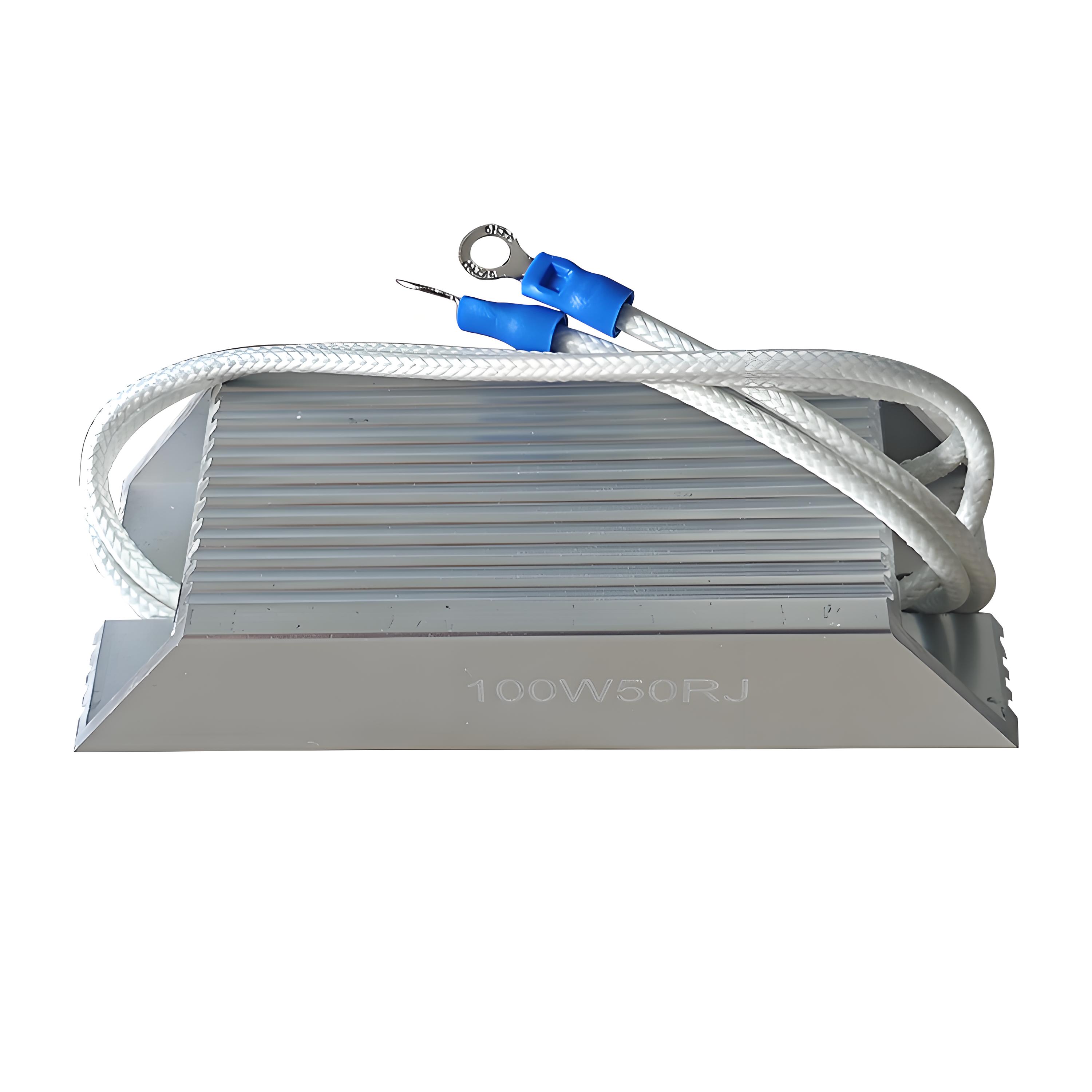
Conclusion
Alloy resistors are indispensable for achieving high precision and stable performance in electronic circuits. Their exceptional characteristics and benefits make them ideal for applications where accuracy and reliability are paramount. By addressing common design challenges through thoughtful selection and implementation, engineers can significantly enhance the performance of their electronic systems. As demonstrated in our case study, the strategic use of alloy resistors can lead to more accurate, stable, and reliable electronic instrumentation and equipment.

